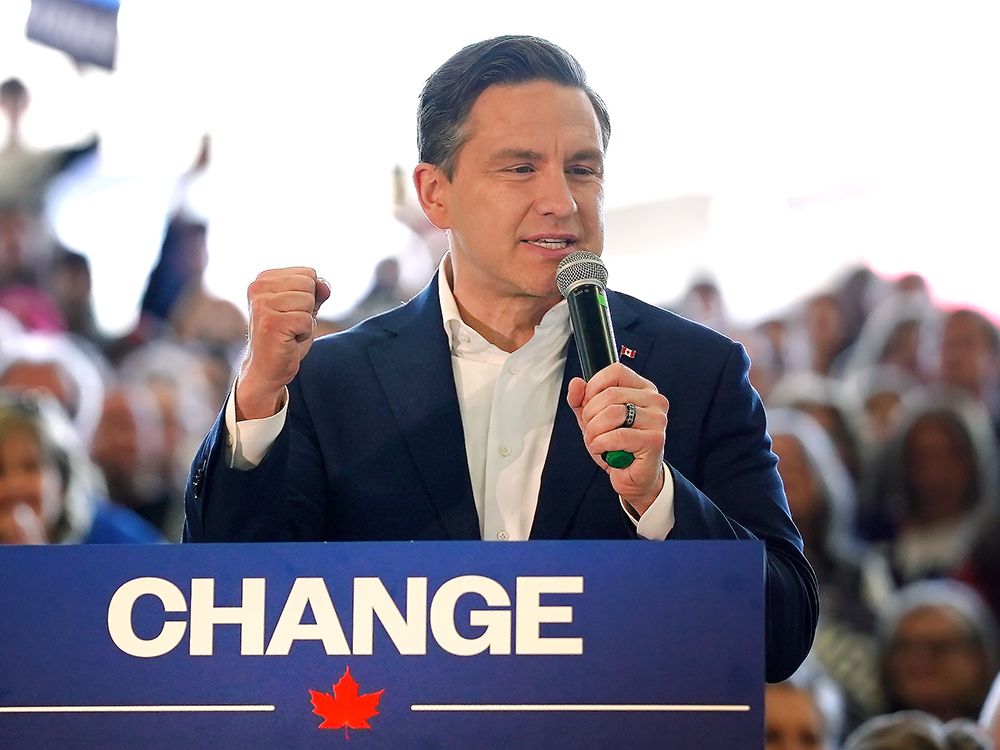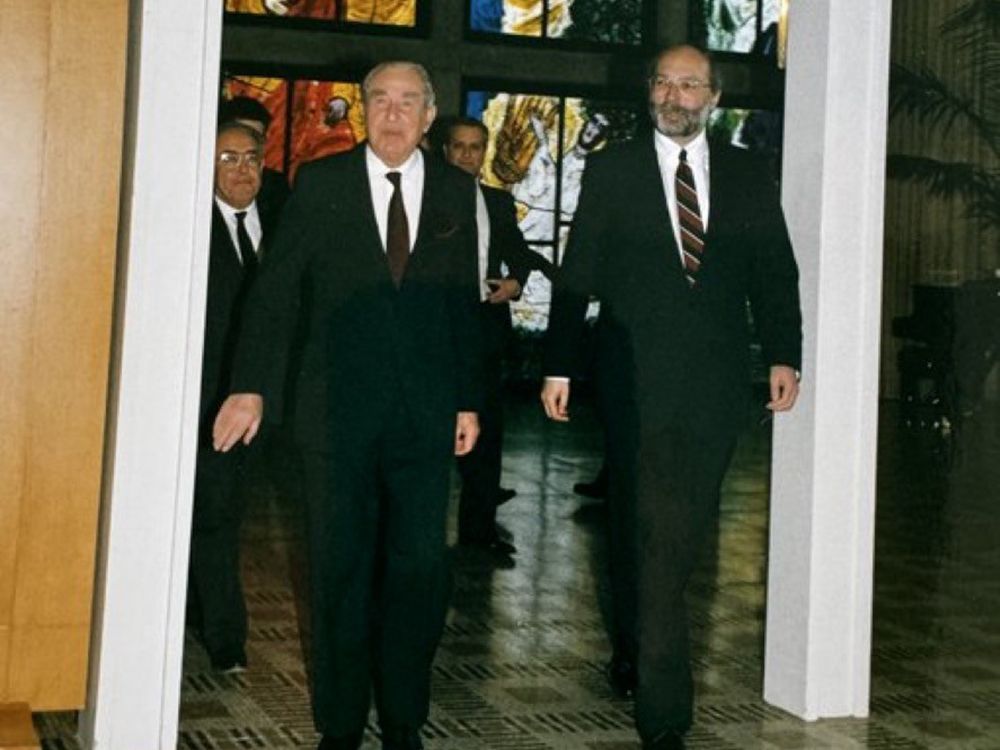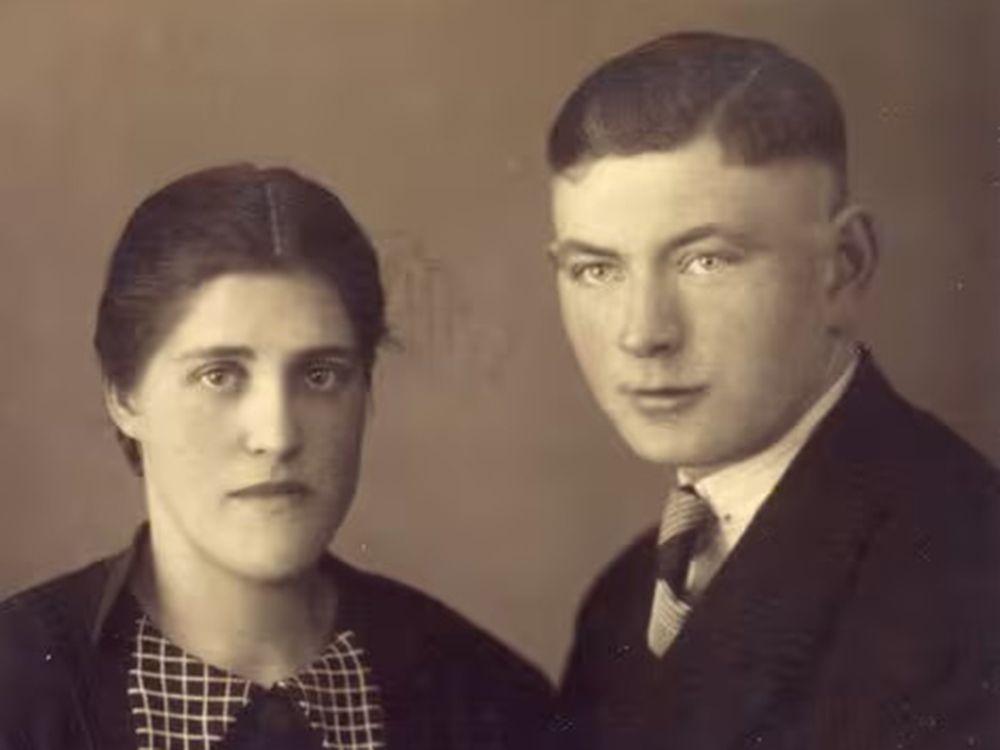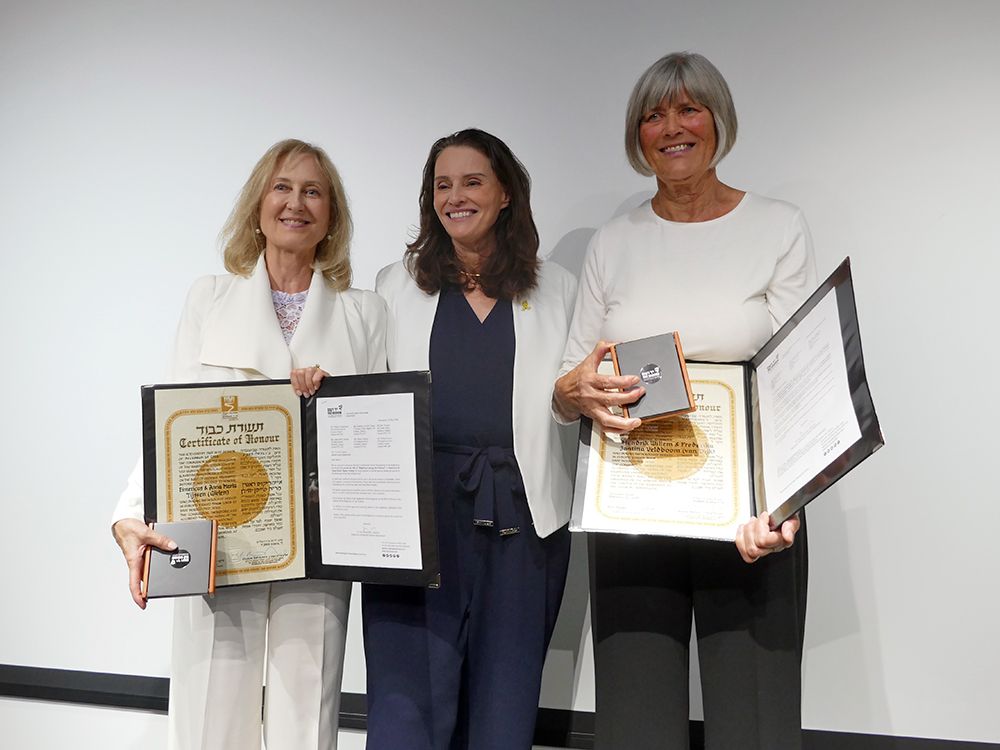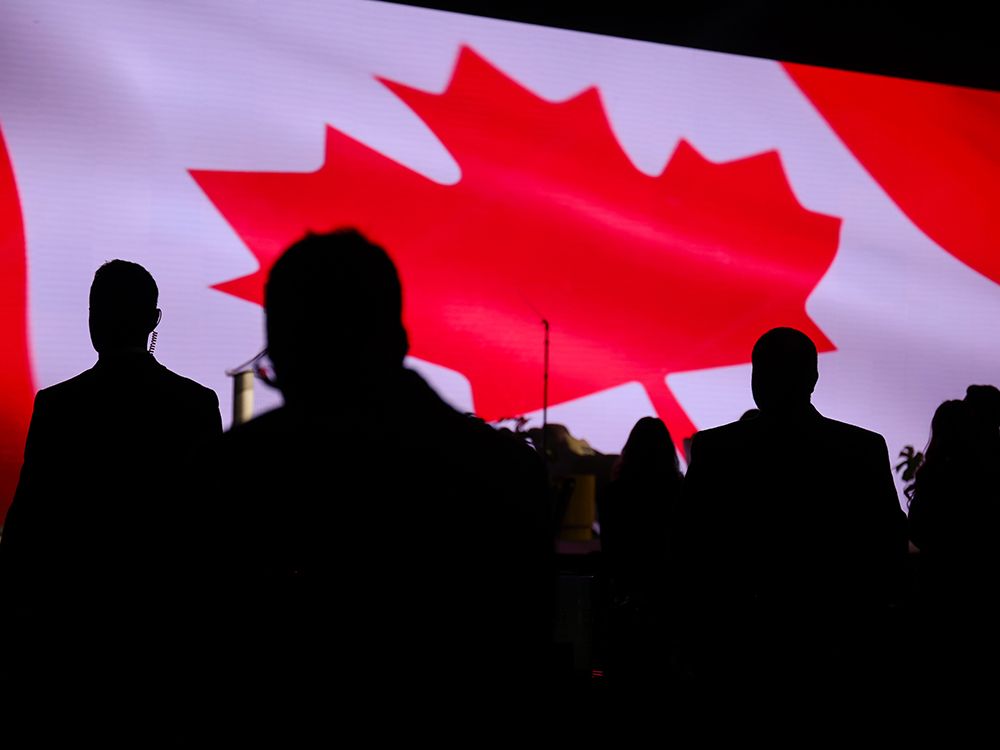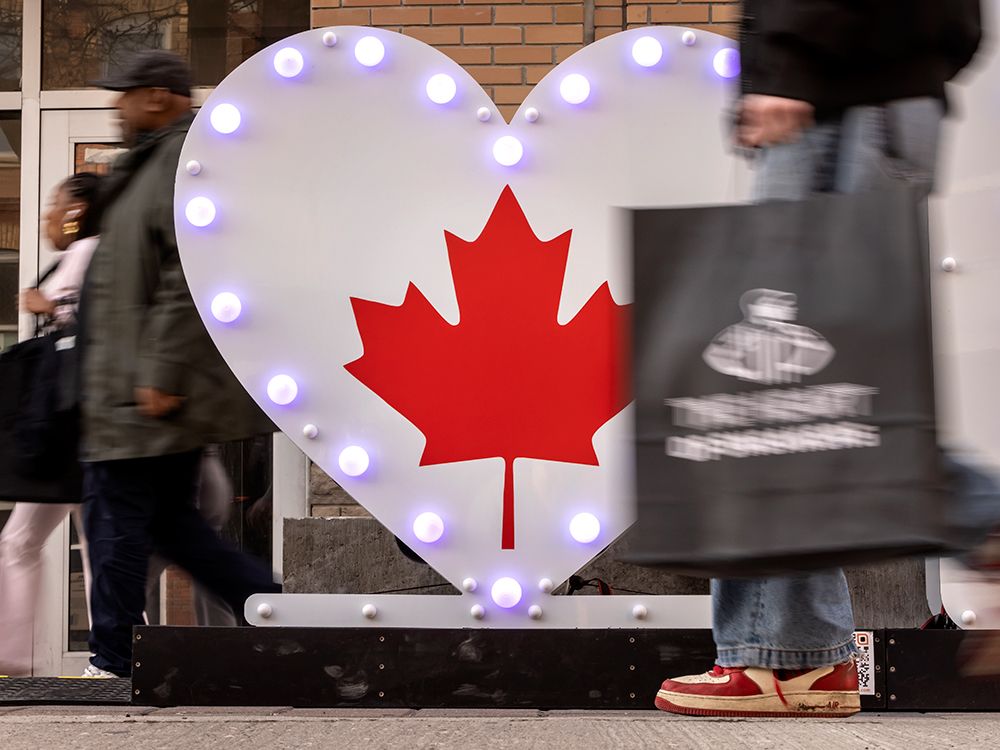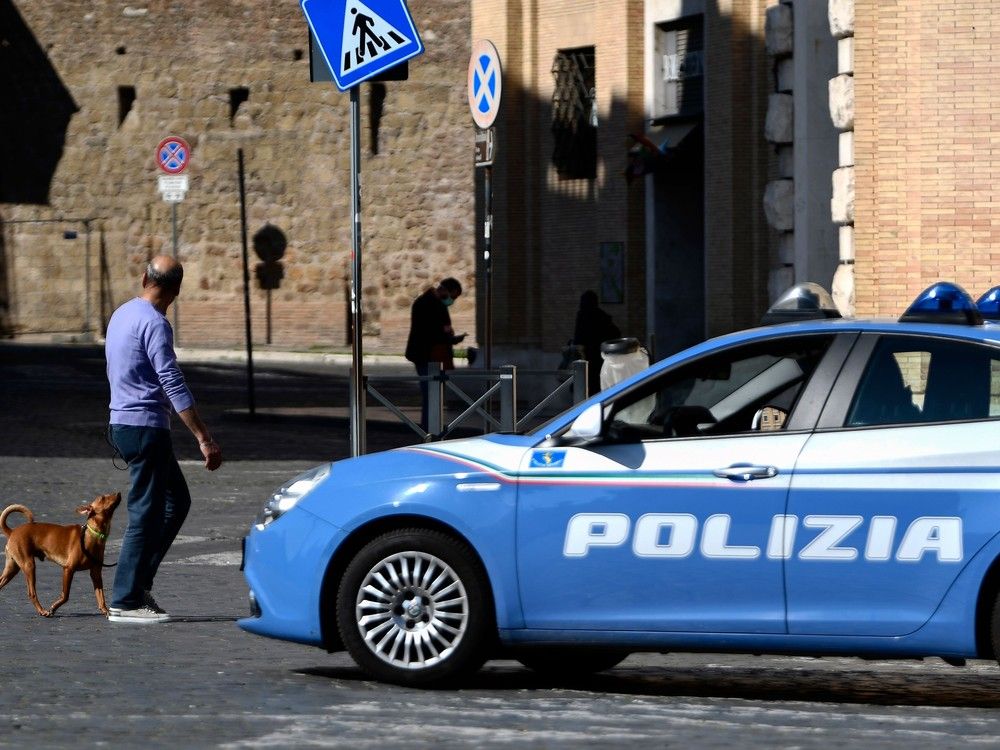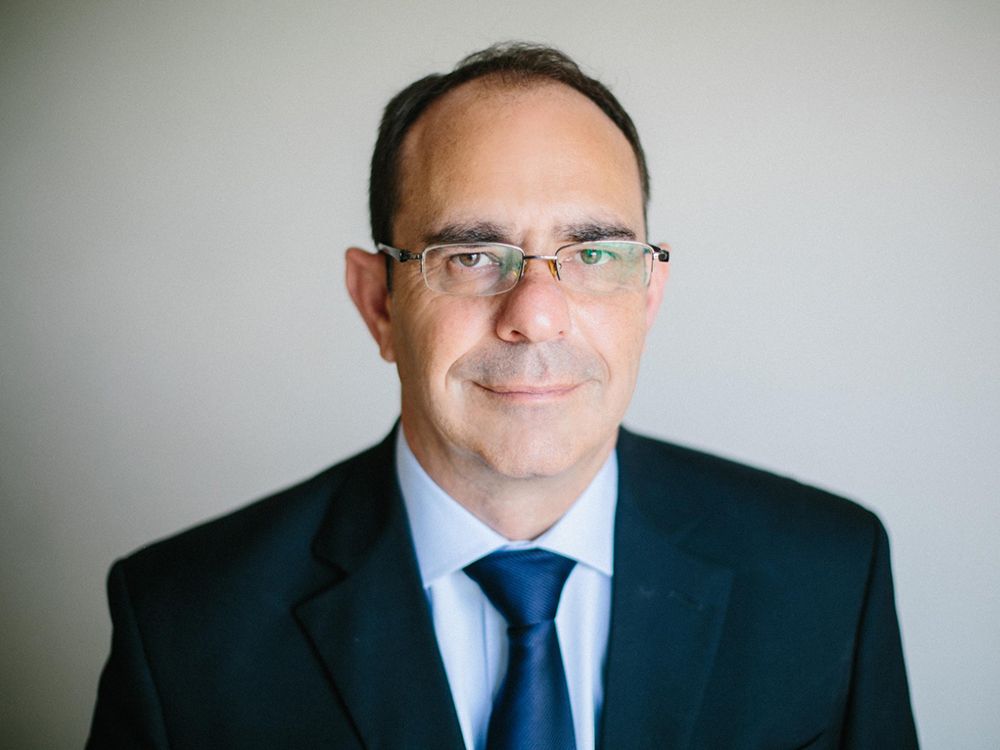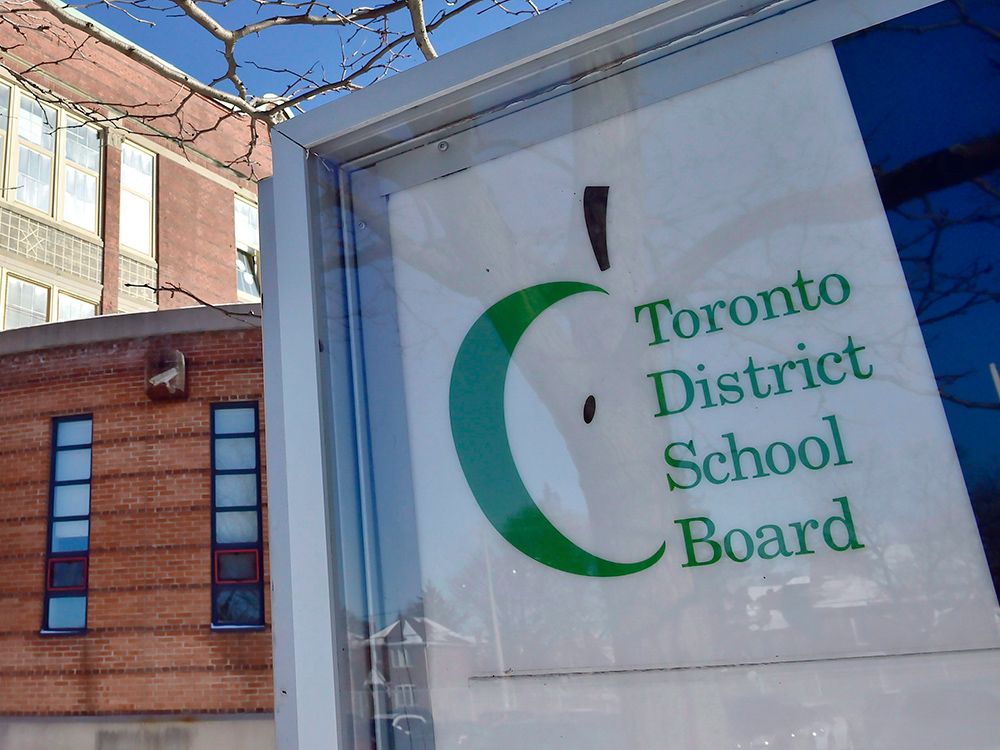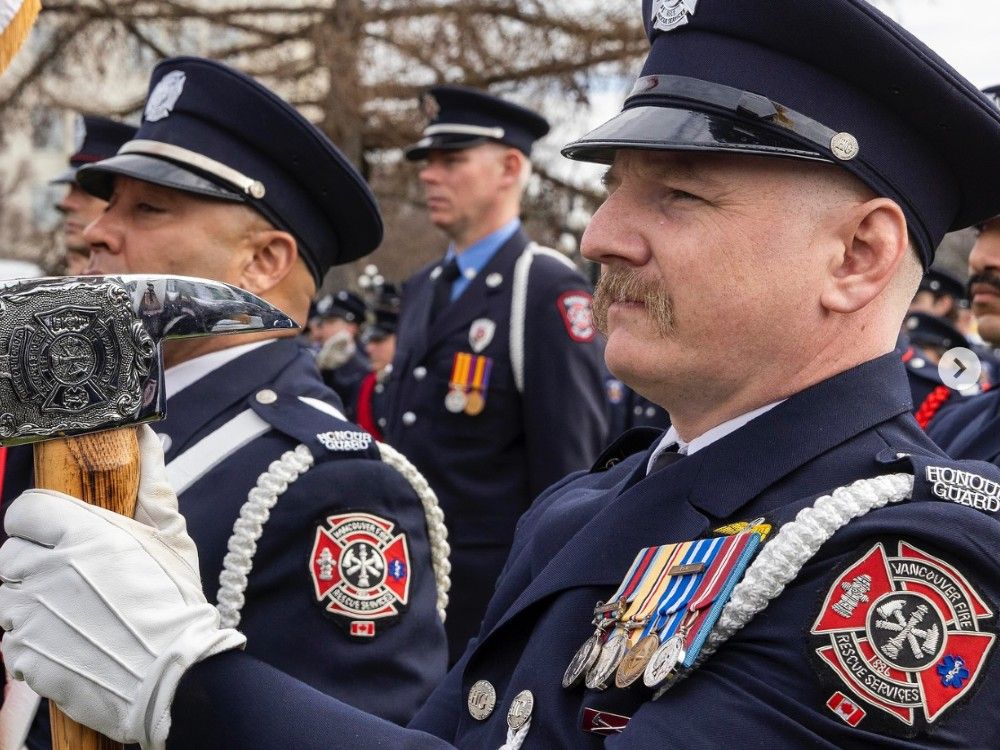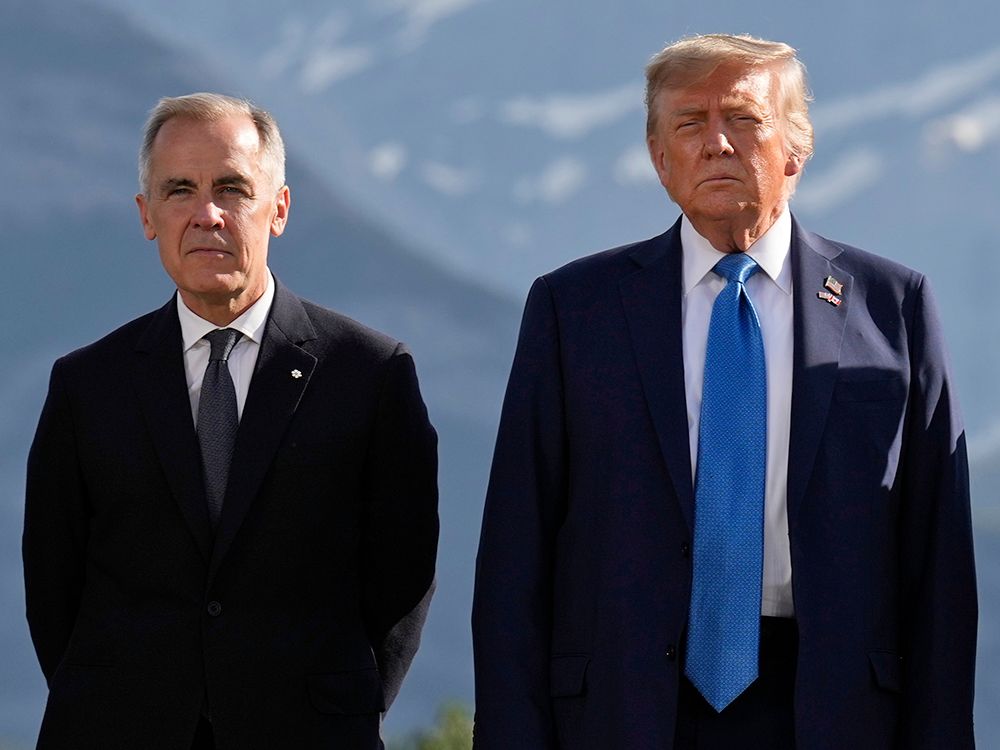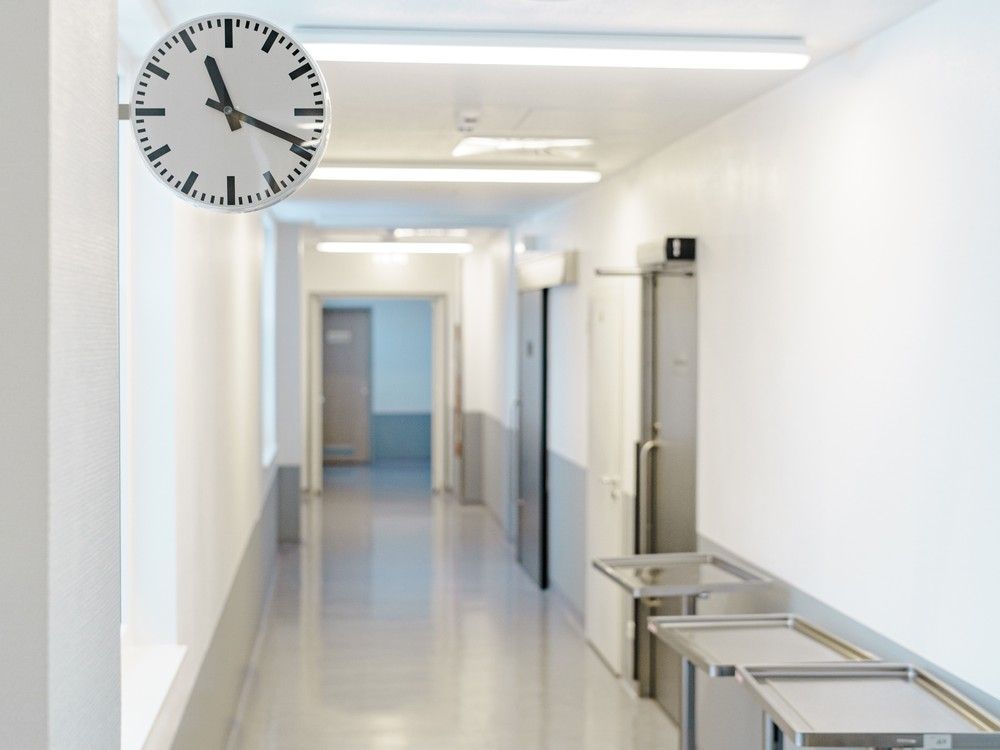
As Canada turns 158 on Tuesday, a birthday celebrated during tumultuous political and international agitation, Canadians remain proud of their country and their place in it — with considerable intensity for a nation often too modest to boast — but riding on that red-and-white wave are hard questions of what kind of country Canadians want.
A new national opinion survey marks Canada Day by delving into how Canadians feel about their country and what boosts their patriotism and what dampens it; about what irks them so much they might leave, their sense of Canadian values, and even tries to put a finger on what Canada’s national identity looks like.
There is little doubt Canadians are proud to be Canadian — a huge majority declared it — even though there are concerns about affordability, what it means to be Canadian, and a loss of a shared sense of collective identity, according to the survey conducted by Leger Marketing Inc., for Postmedia.
“As we approach Canada Day this year, Canadians are feeling pretty good about being Canadian, and I think they’re going to be pretty boisterous about demonstrating it,” said Andrew Enns, a Leger vice president who oversaw the poll.
But, cautioned Enns, that doesn’t mean there aren’t challenges.
“It doesn’t necessarily mean things are fantastic here. I think it’s possible to be very proud to be Canadian — particularly when there’s another country that suggests you should just pack in this whole Canada thing — but still say there’s a lot of problems in the country,” Enns said.
When the poll respondents were asked how proud they were to be Canadian, 83 per cent described themselves as proud, with 45 per cent of those escalating that feeling to being very proud. Of those who dissented, 11 per cent said they weren’t very proud and four per cent said they were not at all proud to be Canadian.
“A year ago, it wasn’t like we were all wearing paper bags over our head and being ashamed — three-quarters said they felt pretty proud about being Canadians back then, but we’ve now popped that number up. There’s also an intensity that I think we’ll probably see on display in different celebrations,” said Enns.
Canada’s proudest region is Atlantic Canada, where 90 per cent said they were proud and 57 per cent even upsized to very proud.
Those least likely to declare Canadian pride were in Alberta, but even there a strong majority — 78 per cent — said they were proud to be Canadian. That result wasn’t much different that in British Columbia, where it was 79 per cent.
In Quebec, 81 per cent said they were proud to be Canadian. In Ontario it was 84 per cent, and in Manitoba and Saskatchewan (pooled together by the pollsters) it was 87 per cent.
More women than men expressed Canadian pride (86 per cent versus 80 per cent).
The younger a respondent was, the less likely they were to say they were a proud Canadian: Among those aged 18 to 34, the youngest cohort, 76 per cent expressed pride; in the middle, those aged 35 to 54, there were 81 per cent declaring pride, while 89 per cent in the oldest group (55 and over) said they were proud to be Canadian.
Political persuasion also seems to play a role.
Fewer people who voted Conservative in the last federal election expressed pride in being Canadian than those who voted for the Bloc Québécois, which is a Quebec separatist party.
Among Conservative voters, 74 per cent declared pride in being Canadian; as did 75 per cent of Bloc voters, and 69 per cent of Greens. Those who voted Liberal were by far the biggest boasters of Canadian pride, at 95 per cent, followed by New Democratic Party voters at 82 per cent.
When asked if their pride in Canada had changed over the past few months, 34 per cent of respondents said they were prouder and 21 per cent said they were less proud, with 45 per cent saying they felt the same.
Sinking Canadian pride was strongest in Alberta — where 31 per cent said they felt less proud, and was the weakest in Quebec, where only 14 per cent said their pride in Canada had sagged over the last few months ago.
The Leger pollsters looked at what was behind those changes in patriotic feelings. After all, a lot has happened in the last few months. Canadians have been pushed to rethink their affinity for their country after U.S. President Donald Trump started insulting and threatening Canada’s sovereignty. There was also a closely fought federal election.
Pollsters asked those respondents who said they were prouder being Canadian now than a few months ago if there was a connection between that boost and Trump’s commentary. The answer was overwhelmingly yes: 83 per cent said they felt more pride in Canada because of Trump.
Those respondents who were less proud being Canadian now than a few months ago were asked if their enthusiasm was dampened by the results of April’s federal election. The answer was also a strong yes: 74 per cent attributed it to the election, that returned the Liberal Party to government with a new leader promising to tackle Trump’s threats.
Despite enthusiastic pride in being Canadian, respondents were curiously cautious about boasting of Canada’s place in the world.
Not even half of all the respondents said Canada is one of the best countries in the world to live in. Only 49 per cent did. Another 20 per cent said Canada has a lot of work to do to be considered one of the best, while 19 per cent said Canada wasn’t much better than some others. Four per cent dismissed Canada as not a great place to live.
Enns wondered if those results are a sign of Canada’s supposed politeness.
“Is that the Canadian deferential thing? You know, saying ‘Canada is really good, but I don’t want to say we’re the best, that’s something Americans do,’” Enns said.
It might be because of the source of Canada’s rising pride.
“You have to look back at what’s driving this surge of patriotism right now. It is that existential threat (from Trump) as opposed to something that we’ve done ourselves internally,” he said.
“If there was something that we did internally as a collective, and we were able to show the world how great we are and it elevated pride, then I think you might see a difference on this question. Maybe that moves the needle, as opposed to we’re waving the flag and pumping our chests because we want to make sure Donald Trump appreciates that we’re not going to be the 51st state.”
It could also be a realism among Canadians, a sense that patriotic pride doesn’t mean they must ignore problems they see in the country.
“If I were the federal government and I looked at this poll and said, ‘holy cow, 83 per cent of Canadians are proud to be Canadian, we must be doing a great job,’ then that would probably be a misinterpretation. There are still some significant challenges.
In the poll, respondents were asked if they’ve ever considered leaving Canada and moving to another country; 27 per cent said they had considered leaving. Their motivations suggest what fuels Canadians’ discontent with Canada, and much of it is economic.

Of those who said they’ve considered leaving Canada, 60 per cent said Canada being too expensive was a reason, which was the top answer. Taxes being too high was second, named by 55 per cent. (Respondents could give more than one reason.)
A feeling that Canada is heading in the wrong direction on a lot of things was next, at 45 per cent; 35 per cent named a desire to live somewhere nicer; 31 per cent that they’d like to try somewhere different; 26 per cent said there were too many restrictions on freedom, the same number who named crime and disorder; followed by career opportunities, at 25 per cent, and family reasons at nine per cent.
The pollsters also said that most Canadians felt their country has been losing a shared, collective identity of what it means to be Canadian over the past four or five years. A low majority of respondents, 52 per cent, said that; 30 per cent disagreed, and 19 per cent said they didn’t know or declined to answer. The poll also shows large support — 64 per cent — for pushing newcomers to adopt Canadian values, while only 22 per cent supported immigrants maintaining religious and cultural traditions. The view that newcomers should adopt Canadian values was held most strongly by Quebecers at 73 per cent and those over the age of 55, at 78 per cent. New Democrat voters, at 40 per cent, were most likely to support the retention of immigrants’ traditions, followed by Liberal voters at 28 per cent. Just 14 per cent of Conservative voters and eight per cent of Bloc Québécois voters supported that notion.
“I’m not surprised given the fact that we’ve had a couple of tough years with some of these conflicts overseas that we see boiling over in terms of some ethnic tensions within Canada,” said Enns.
The feeling of losing a shared Canadian identity was by far the strongest in Alberta, where 71 per cent of respondents said it, and lowest in Quebec, where 45 per cent said it. Other than in Manitoba and Saskatchewan, where 58 per cent said it, the remaining regions polled all weighed in at 50 per cent.
The poll also assessed what qualities Canadians most associated with Canada and as a core Canadian value.
Respondents were asked to choose the one value they most associated with Canada among 12 options.
Being a democracy with free and fair elections came out on top, with 16 per cent naming that as Canada’s top value, followed by multiculturalism, which was named by 14 per cent. Respect and inclusiveness (13 per cent) and a social safety net (12 per cent) rounded out the top four.
Next came freedom of speech (nine per cent), bilingualism (seven per cent), equality of opportunity (five), respect for all religions and clear opposition to acts of antisemitism (three), equality regardless of sexual orientation (three), free-market economy (two), equality of sexes (two), and separation of church and state (two).
Four per cent chose none of the above.
However, the ranking of those same 12 values changed when respondents were asked not to select just one, but rather to say how strongly they associated each of the values as a core value of being Canadian.
On this metric, multiculturalism plummeted from second from the top to second from the bottom.
Respondents chose between a strong association, somewhat of an association, no association, and prefer not to answer for each of the 12 values. The pollsters then calculated an average response and ranked them.
Being a democracy with free and fair elections was still the quality most associated with a core Canadian value, closely followed by a three-way tie of freedom of speech, social safety net, and equality of the sexes.
Respect and inclusiveness and equality of opportunity were tied in the next tier, followed by equality regardless of sexual orientation. The next two values were also tied: A free-market economy and separation of church and state.
Into the bottom three, the next two values were tied — respect for all religions and clear opposition to acts of antisemitism, and multiculturalism — and the last was bilingualism.
The values ranking, in essence, ranked the intensity of association, because a strong majority of respondents associated all of the 12 values as a core Canadian identity, with even the lowest ranked value, bilingualism, being associated as a Canadian value by 78 per cent, but with only 39 per cent giving it a strong association rating.
Enns said the large change in the rank multiculturalism seems to reflect a disconnect.
“Individuals, by virtue of the way Canada is often described as being multicultural, selected that term as one they associate with the country, but as we saw in the other question, it is not necessarily personally what they feel as their strongest association,” he said.
The poll survey 1,580 adult Canadians from June 20 to June 22 who were randomly recruited using an online panel. Results were weighted to ensure a representative sample of the Canadian population.
• Email: ahumphreys@postmedia.com | Twitter:
Our website is the place for the latest breaking news, exclusive scoops, longreads and provocative commentary. Please bookmark nationalpost.com and sign up for our daily newsletter, Posted, here.
